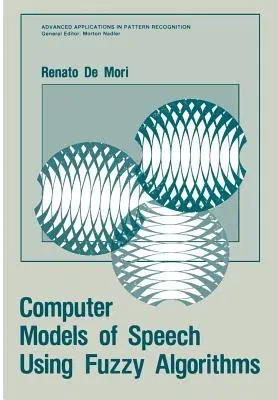Renato de Mori
(Author)Computer Models of Speech Using Fuzzy Algorithms (Softcover Reprint of the Original 1st 1983)Paperback - Softcover Reprint of the Original 1st 1983, 3 November 2011

Qty
1
Turbo
Ships in 2 - 3 days
In Stock
Free Delivery
Cash on Delivery
15 Days
Free Returns
Secure Checkout
Part of Series
Advanced Applications in Pattern Recognition
Print Length
482 pages
Language
English
Publisher
Springer
Date Published
3 Nov 2011
ISBN-10
1461337445
ISBN-13
9781461337447
Description
Product Details
Author:
Book Edition:
Softcover Reprint of the Original 1st 1983
Book Format:
Paperback
Country of Origin:
NL
Date Published:
3 November 2011
Dimensions:
24.41 x
16.99 x
2.62 cm
ISBN-10:
1461337445
ISBN-13:
9781461337447
Language:
English
Location:
New York, NY
Pages:
482
Publisher:
Weight:
807.39 gm

